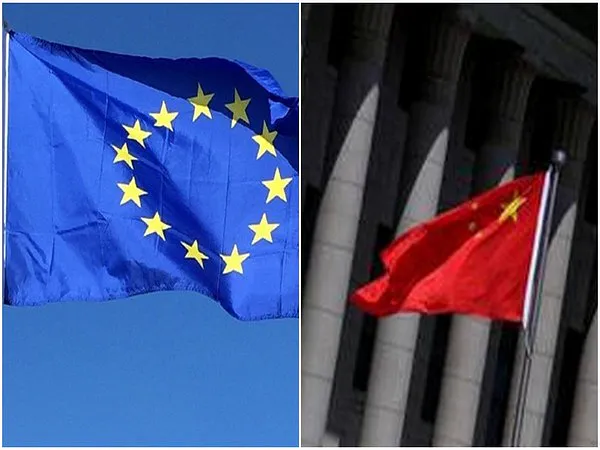To combat the problem of interference through disinformation by state and non-state foreign entities in the democratic processes of the European Union (EU) member countries, the European Parliament (EP) recently adopted a resolution to combat ‘foreign Interference including disinformation’.
The EP underscored malicious and authoritarian foreign state/non-state actors, particularly from China, Russia and Turkey, among others, which use hybrid interference tactics, including misuse of media platforms, cultivating journalists and lobbying with elites, etc., besides infiltrating the educational institutions for manipulation of information in order to mislead and deceive EU citizens, an International Forum for Rights and Security (IFFRAS) report said.
The EP noted that such disinformation campaigns were aimed at influencing the outcomes of elections & referendums. Apart from educational institutions, Beijing had set up platforms like ‘Confucius Institutes’ to influence public opinion. It was noted that foreign influences affect citizens’ voting behaviour, amplify divisive debates, divide, polarize and exploit the vulnerabilities of societies, and promote hate speeches, among others, the report said.
The EP called on the Member States to closely monitor teaching, research and other activities in Confucius Institutes for alleged espionage as these served as a lobbying platform for Beijing’s economic interests and intelligence service, the report said.
The resolution also underlined the Chinese strategy of targeting key technologies in the EU member countries through foreign direct investment (FDI), the report said.
Citing Chinese Communist Party-sponsored media content projected as journalism, the resolution noted that Chinese media cannot be considered real media and therefore, should not enjoy the same rights and protection as granted to democratic media.
It also proposed the Commission initiate a study on ‘minimum standards’ for media and pass legislation such as the ‘Media Freedom Act’, having a provision to revoke licenses of the concerned media entity in the event of breaches, the report said.
It further recommended using various methods to deter persons or organizations involved in disinformation including ‘naming and shaming’, ‘blacklisting from press events’ or ‘revoking media accreditation’, etc. and in extreme cases even imposing sanctions.
The EP called on the Member States to closely monitor teaching, research and other activities in Confucius Institutes for alleged espionage as these served as a lobbying platform for Beijing’s economic interests and intelligence service.

